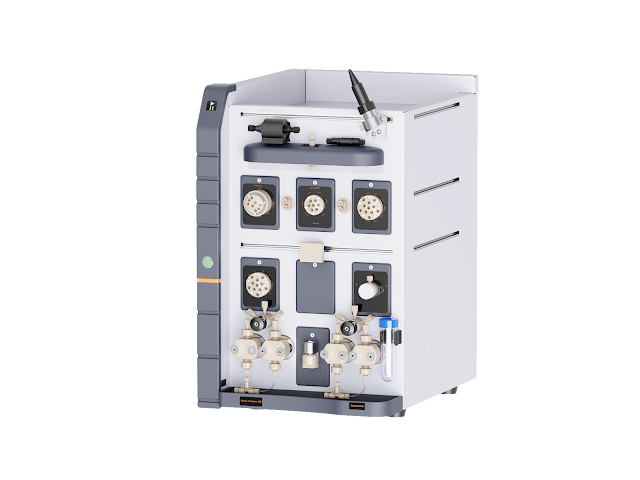Revolutionizing Genomic Research: The Emerging Frontiers of Oligonucleotide Synthesis and DNA Synthesizers
Oligonucleotide synthesis is a pivotal process in molecular biology and genetic engineering. It refers to the laboratory production of short, single-stranded DNA or RNA molecules, known as oligonucleotides. These synthesized oligonucleotides are crucial for various applications, including PCR, DNA sequencing, and probes in microarray assays. The synthesis process involves sequentially adding nucleotides, the building blocks of DNA and RNA, in a predefined order. This precise method allows researchers to create specific sequences that can be used for targeted studies in genomics and proteomics.
The Role of DNA Synthesizers:
Synthesizers of DNA play a fundamental role in oligonucleotide synthesis. These sophisticated machines automate the process of constructing DNA strands from individual nucleotides. By doing so, DNA synthesizers significantly reduce the time and effort required for manual synthesis while also improving accuracy and yield. The core principle of a DNA synthesizer is the stepwise addition of nucleotides to a growing chain controlled by a computer program. This automation has revolutionized the field, enabling large-scale production of oligonucleotides with high fidelity, which is crucial for research and therapeutic applications.
Advances in Oligonucleotide Synthesis Techniques:
Recent advancements in oligonucleotide synthesis have greatly enhanced the efficiency and scope of DNA research. Modern techniques have improved the synthesis of longer and more complex oligonucleotides with higher purity levels. These advancements are primarily attributed to innovations in DNA synthesizers, which now offer more precise control over the synthesis process. Enhanced chemical methods and novel enzymatic approaches have also contributed to these improvements. These advancements facilitate the exploration of more complex genetic constructs and have broad implications for synthetic biology and gene therapy fields.

Applications and Implications:
The impact of oligonucleotide synthesis and DNA synthesizers extends beyond basic research. In the clinical domain, these technologies are instrumental in developing personalized medicine, where tailored therapies are designed based on an individual's genetic makeup. Oligonucleotides synthesized for therapeutic purposes, such as antisense oligonucleotides, play a critical role in gene silencing and regulation. Moreover, the ability to create specific DNA sequences paves the way for advancements in genetic editing techniques, like CRISPR-Cas9, which rely heavily on custom oligonucleotides for targeted gene modification.
Expanding the Horizons of Genetic Research:
Expanding oligonucleotide synthesis and DNA synthesizer capabilities mark a new era in genetic research. These technologies are integral in advancing our understanding of genetic diseases, enabling the development of novel diagnostics and treatments. Furthermore, their application in environmental and agricultural biotechnology heralds a transformative impact on sustainability and food security, underlining their far-reaching potential.
Conclusion:
The future of oligonucleotide synthesis and DNA synthesizer technology looks promising, with ongoing research focused on enhancing efficiency, accuracy, and scalability. As we unravel the genome's complexities, the demand for precise and high-throughput synthesis methods will undoubtedly grow. Embracing these challenges, companies like Inscinstech (https://www.inscinstech.com.cn/) are at the forefront of developing innovative solutions that will shape the future of genomics and molecular biology. The continued evolution of these technologies holds great promise for groundbreaking discoveries and therapeutic advancements in the years to come.
.jpg)

Comments
Post a Comment